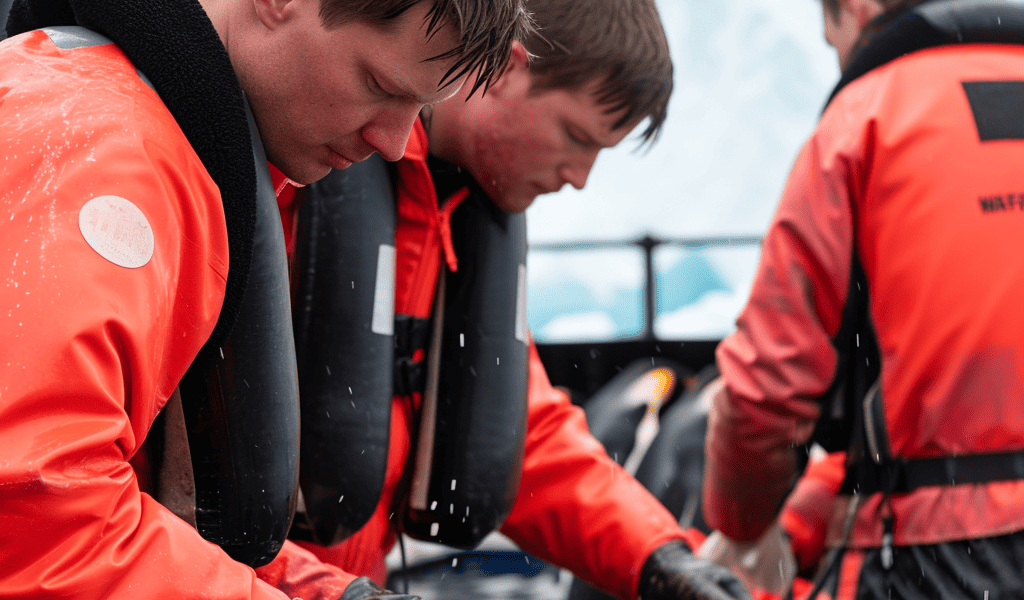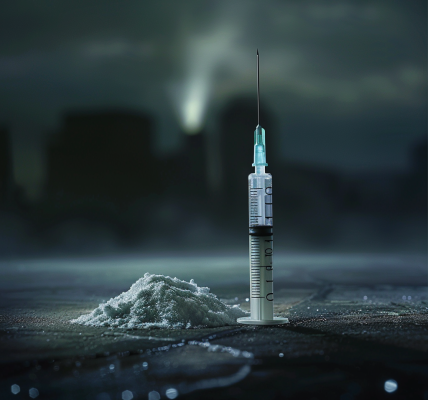Royal Navy Helps Protect Penguins in the Antarctic
On 19th January 2024, Royal Navy sailors from HMS Protector are taking meticulous steps to avoid spreading dangerous bird flu to remote penguin colonies in Antarctica. The icebreaker is carrying out scientific and conservation work in the region, with researchers warning of ‘one of the largest ecological disasters of modern times’ if the virus reaches remote penguin populations in the peninsula.
During its annual patrol of the White Continent, strains of avian influenza have been detected in the sub-Antarctic. HMS Forth worked with the Animal and Plant Health Agency to take samples for analysis, which proved the disease had reached South Georgia.
Protector’s researchers and scientists are carrying out a range of vital work across the Antarctic during her deployment, including studying the human impact on the continent, monitoring penguin populations, and helping the UK Antarctic Heritage Trust maintain historic buildings and bases. The ship is taking measures to ensure the flu is not introduced to vulnerable wildlife, thoroughly cleaning and scrubbing clothing and kit to remove anything that could be a contaminant.
Lieutenant Commander James Winsor, Protector’s First Lieutenant, emphasized the threat posed by avian flu to Antarctica’s unique wildlife. He explained the meticulous steps taken by the Royal Navy to prevent the introduction or spread of avian flu among the wildlife, highlighting the devastating effect it could have on the highly social penguin colonies.
Before heading to the ice, these procedures were put into practice during research trips to the Gentoo penguin colony at Bertha’s Beach in the Falkland Islands. University of Portsmouth scientists, representatives from Oceanites penguin-monitoring programme, and seven members of the UK Antarctic Heritage Trust joined Protector as she headed from the Falklands on a mission with several stops, which would eventually take the ship to Rothera Research Station, the British Antarctic.





